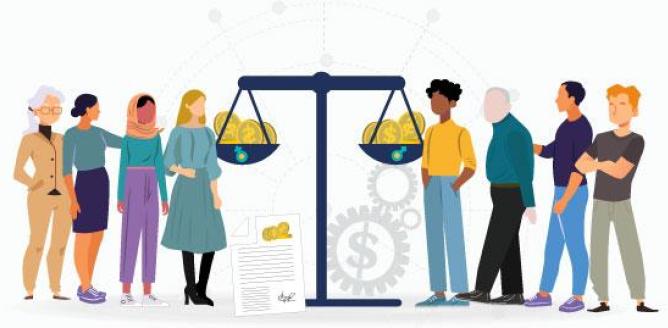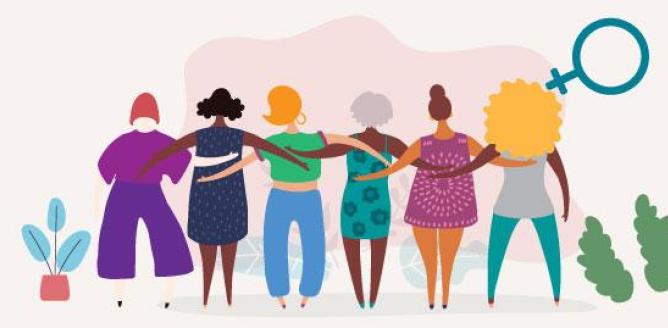Female public figures are not exempt from leaving complex – and sometimes damaging – legacies. What often differentiates them from male public figures in particular is the gender lens in which their actions are scrutinised. Recently, public attention has been focused on the court trial of Elizabeth Holmes. Once listed by Forbes as the ‘youngest self-made female billionaire’, she was the founder of the now-defunct Silicon Valley start-up Theranos, a health technology company that claimed to be revolutionising how to diagnose disease before being exposed as a sham. While this is only one of many high-profile white-collar crime cases, the trial raised a few complex gender-specific issues:
- Gender, fraud and prosecution: Ellen Pao, former CEO of Reddit, observed that there have been a number of prominent male CEOs in Silicon Valley accused of fraud who have not been criminally prosecuted. While there are differences in the degree and impact of these examples and Pao agrees with Holmes having been put on trial, she urges society to engage in a wider conversation about gender, white collar crime and accountability.
- Victim of intimate partner abuse: Holmes has alleged that an abusive and controlling intimate relationship with her former COO, Ramesh “Sunny” Balwani, influenced how she ran the company and decisions she made. The implications of this issue are outlined by journalist Jill Filipovic here.
- Lack of board diversity: Theranos had an all-white, all male board of directors with an average age of 80. This lack of diversity, among other factors, raised questions about the effectiveness of the board alongside potential instances of benevolent sexism that may have led the board to have lower levels of scrutiny with Holmes than if she were a male CEO or if the board were more gender diverse.
Ripple effects from this trial have extended beyond the courtroom. With the discrediting of Holmes, female founders in Silicon Valley have reported being adversely impacted in an already biased space particularly in the science, technology and / or health care domains, noting they face additional bias because there are associations made between them and Holmes simply because of their shared gender.
What these issues reveal when examined collectively is just how critical it is to have equal gender representation at all levels of an organisation and across industries. At TWF, this is why we run programmes to upskill girls to enter into male-dominated STEM degrees and careers. It’s also why we have programmes that focus on gender-responsive and inclusive practices, mentoring, and increasing visibility and opportunities for women, all of which drive gender equality in the workplace. And it’s why we run our Boardroom Series for Women Leaders and advocate for gender diverse boards. With diversity and equal representation comes better decision-making, improved innovation, and more satisfaction with company culture. Join us in our efforts to create gender equal and inclusive workplaces.
Get in touch at Fiona.Nott@twfhk.org.





















